分類: RWA 101 Articles
-
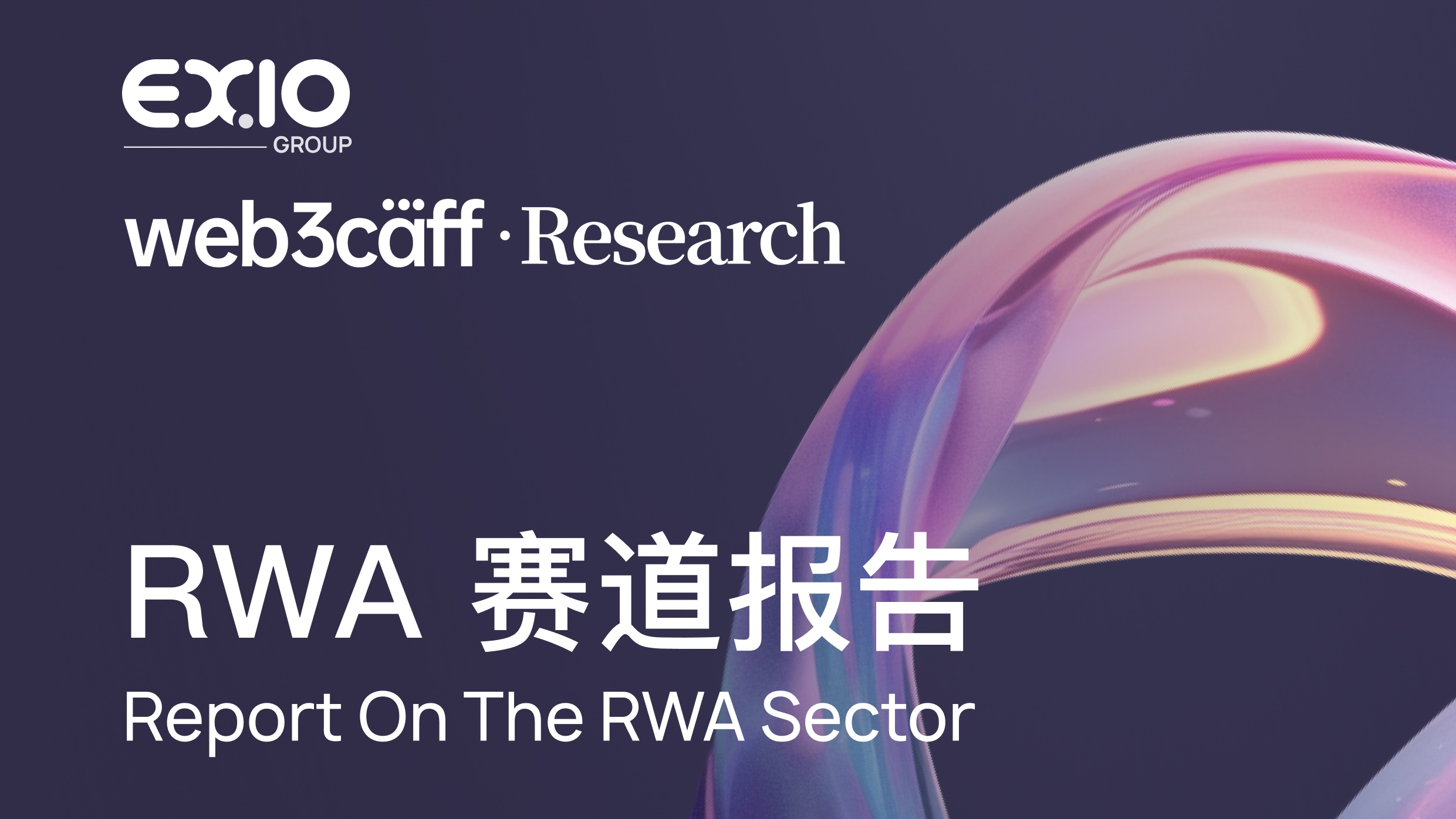
RWA 赛道 25 年 Q4 最新2.5 万字报告: 内地、中国香港等全球视角下,RWA正如何兼顾技术、监管与市场平衡? 全景式拆解其演化路径、合规策略、风险挑战与发展前景
—
by
閲讀原文:RWA 赛道 25 年 Q4 最新 2.5 万字研究报告:内地、中国香港等全球视角下,RWA 正如何兼顾技术、监管与市场平衡?全景式拆解其演化路径、合规策略、风险挑战与发展前景 – Web3Caff Research
-
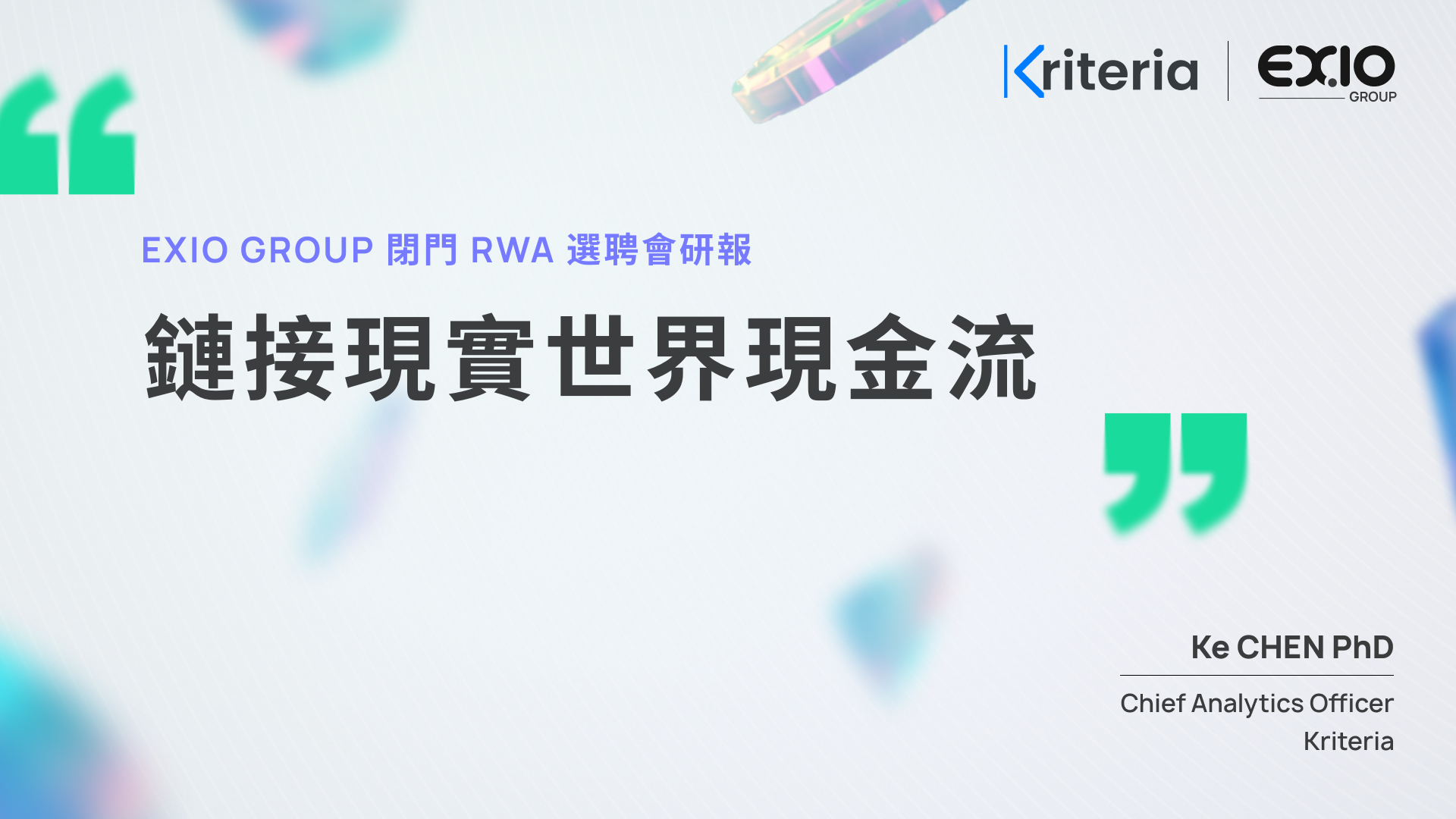
【独家】EXIO Group 閉門 RWA 選品會第三期研究報告:鏈接現實世界現金流
—
by
Abstract Following the enthusiastic response to its first two sessions, EXIO Group recently successfully hosted its third closed-door Real World Asset (RWA) project selection event. Web3 credit analysis firm Kriteria was once again invited as an independent evaluator. The session focused on income-generating RWA projects deeply embedded in the real economy and capable of producing…
-
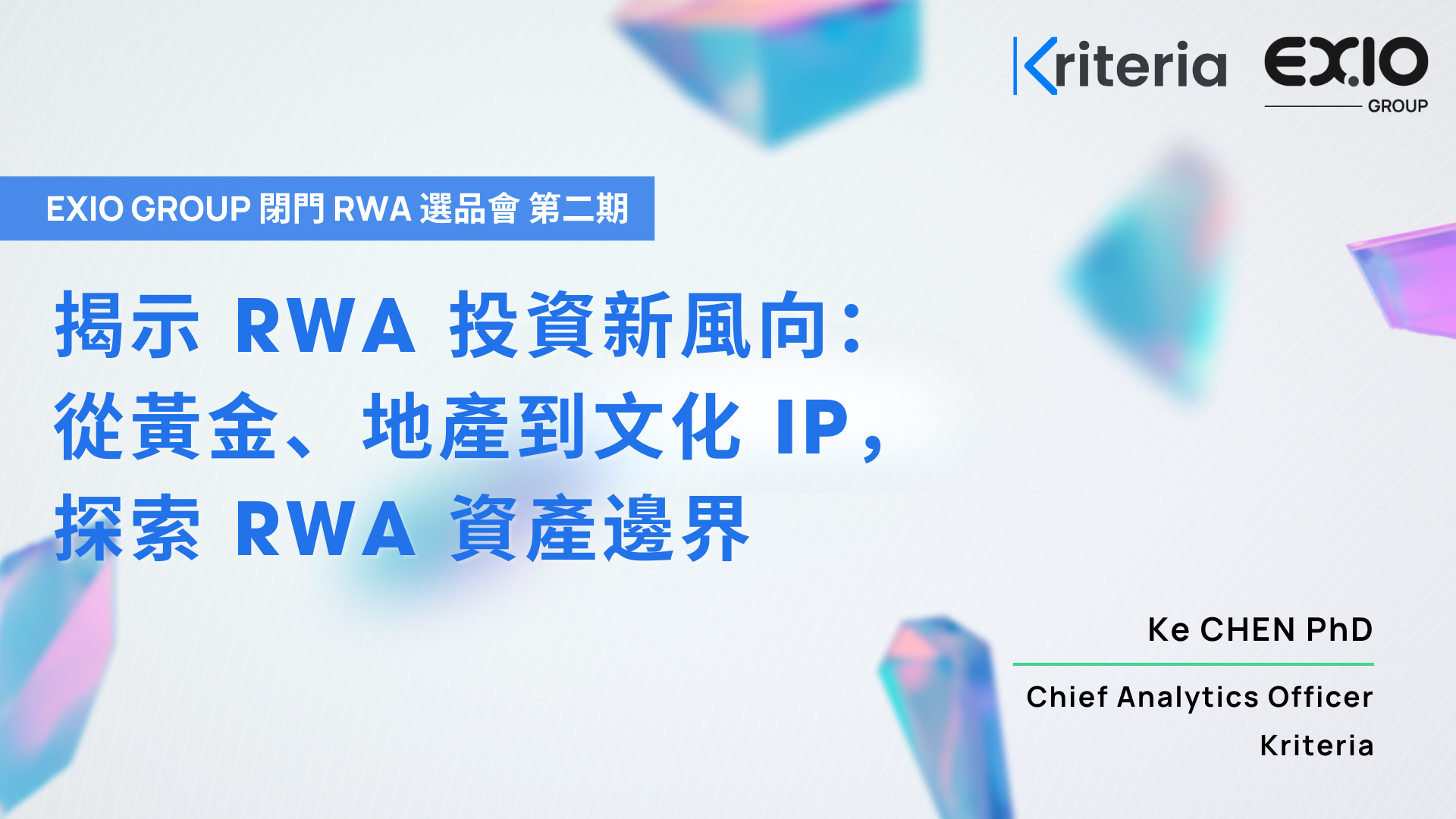
【独家】EXIO Group 闭门 RWA 选品会第二期揭示RWA投资新风向:从黄金、地产到文化 IP,探索 RWA 资产边界
—
by
Introduction A closed-door meeting attended by only a select few may signal the investment direction of the trillion-dollar Real World Assets (RWA) market. Following the success of the inaugural RWA Selection Meeting, Kriteria, a Web3 credit analysis firm, was invited as an independent evaluator to participate in the second closed-door RWA project selection meeting hosted…
-
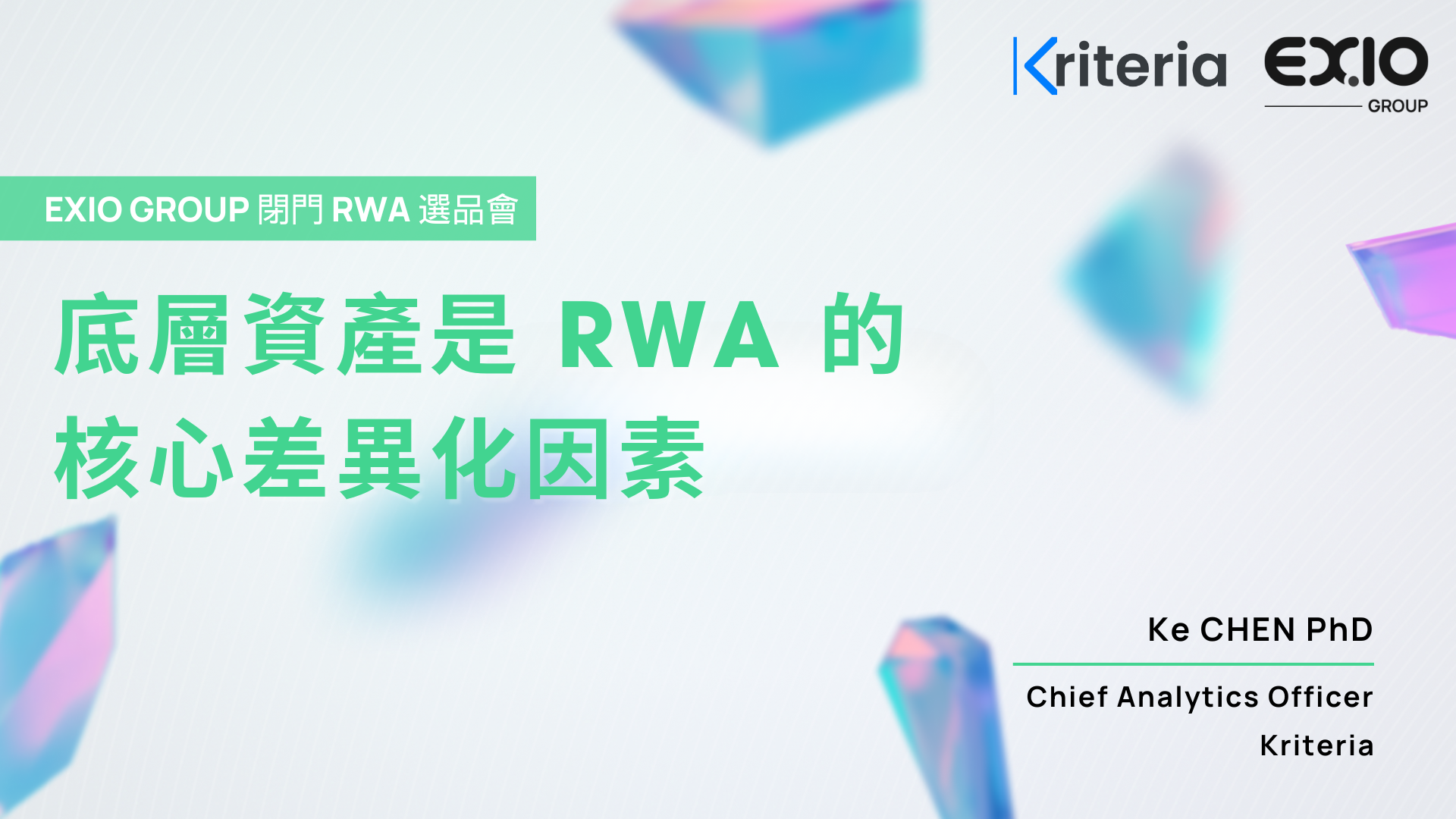
EXIO Group 閉門 RWA 選品會:底層資產品質是RWA的核心差異化因素
—
by
Hong Kong, July 22, 2025 – Kriteria, a Web3 credit analysis agency, was recently invited as an independent evaluator to participate in a closed-door RWA project selection meeting organized by EXIO Group. This event brought together industry representatives from both traditional finance and blockchain sectors, aiming to conduct in-depth evaluations and selections of a series…
-
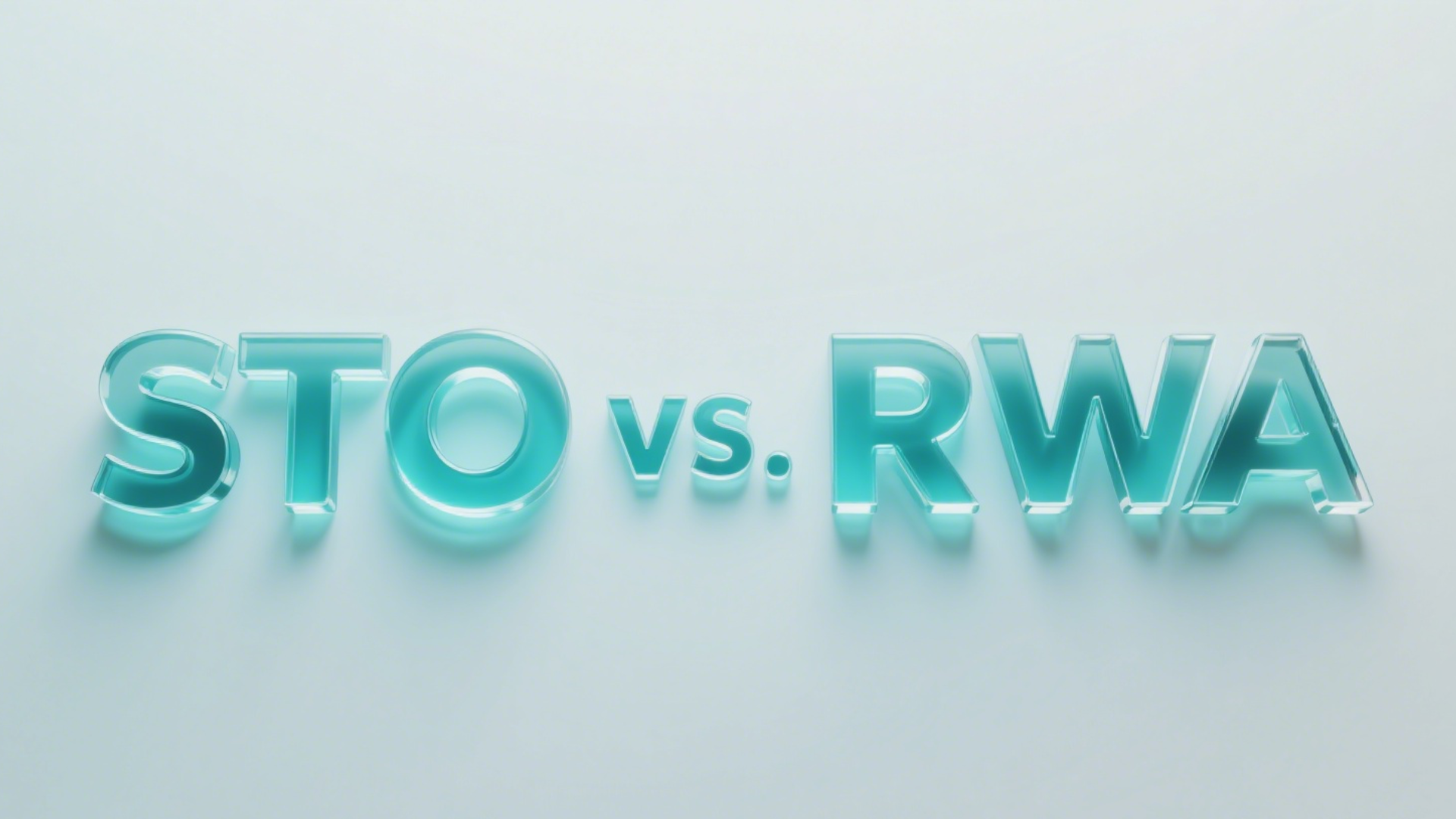
RWA 內行話 - STO 與 RWA 的區別
—
by
Security Token Offerings (STOs) and Real-World Assets (RWAs) involve asset tokenization on blockchains but differ in nature and regulation. STOs offer regulated investment avenues, suitable for institutional investors; RWAs democratize asset access, appealing to retail investors. STOs face complex compliance requirements, while RWAs involve challenges in asset valuation and custody. According to BCG, the RWA…
-

RWA 內行話 - 什麼是 EVM 兼容性(以太坊虛擬機兼容)
—
by
Ethereum Virtual Machine (EVM) compatibility refers to blockchains supporting EVM to run smart contracts, enabling cross-chain deployment of Ethereum-developed dApps. The EVM, proposed by Vitalik Buterin in 2013, is Ethereum’s core computing engine, executing smart contracts and maintaining blockchain state. EVM-compatible blockchains (e.g., Polygon, Binance Smart Chain, Avalanche) support ERC-20 tokens and NFTs, offering low-cost,…
-

RWA 內行話 - 什麼是代幣經濟學
—
by
Tokenomics refers to the economic model of tokens, designing issuance, distribution, incentives, and burning mechanisms that impact their value and sustainability. Key elements include: For example, MakerDAO adjusts DAI supply via stability fees to maintain its dollar peg. Well-designed tokenomics enhance project appeal, attracting investors, as seen in Uniswap’s UNI airdrop incentivizing participation. Poor design…
-
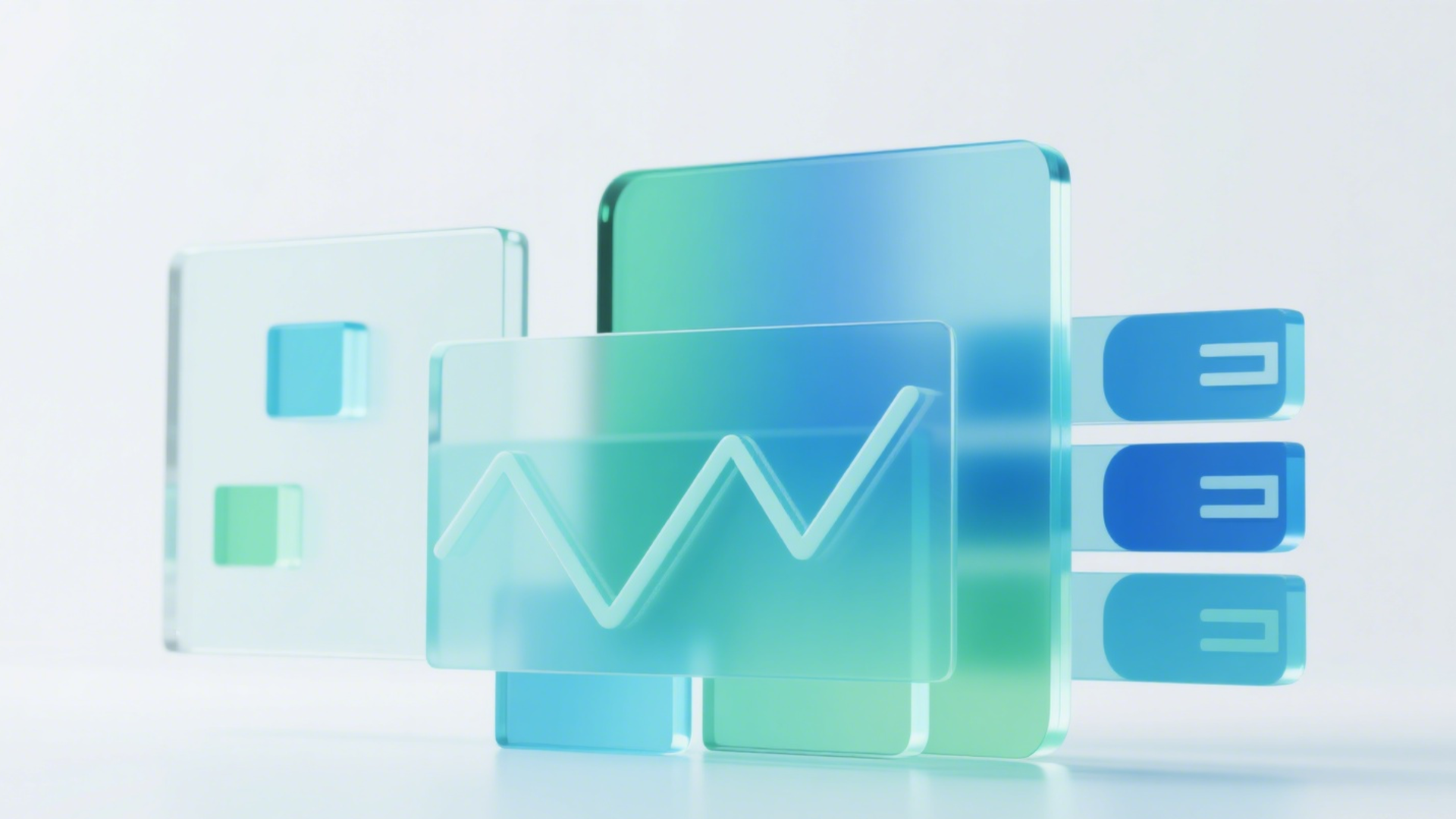
RWA 內行話 - 什麼是數字資產托管、證券托管
—
by
Virtual asset custody and securities custody aim to protect investor assets, but they differ in nature, regulation, and operations. Virtual Asset Custody: Involves secure storage of cryptocurrencies (e.g., USDC), addressing risks like hacking and private key loss. Techniques like cold storage, multi-signature wallets, and multi-party computation (MPC) ensure asset security. Regulatory frameworks are evolving, requiring…
-

RWA 內行話 - 什麼是包裝代幣
—
by
Wrapped tokens convert one asset (e.g., BTC) into a standardized token (e.g., ERC-20 WBTC) on another blockchain to enable cross-chain interoperability. They work by locking the original asset in a smart contract or digital vault and minting equivalent tokens on the target blockchain, addressing blockchain incompatibility. For example, WBTC allows Bitcoin to be used in…
-
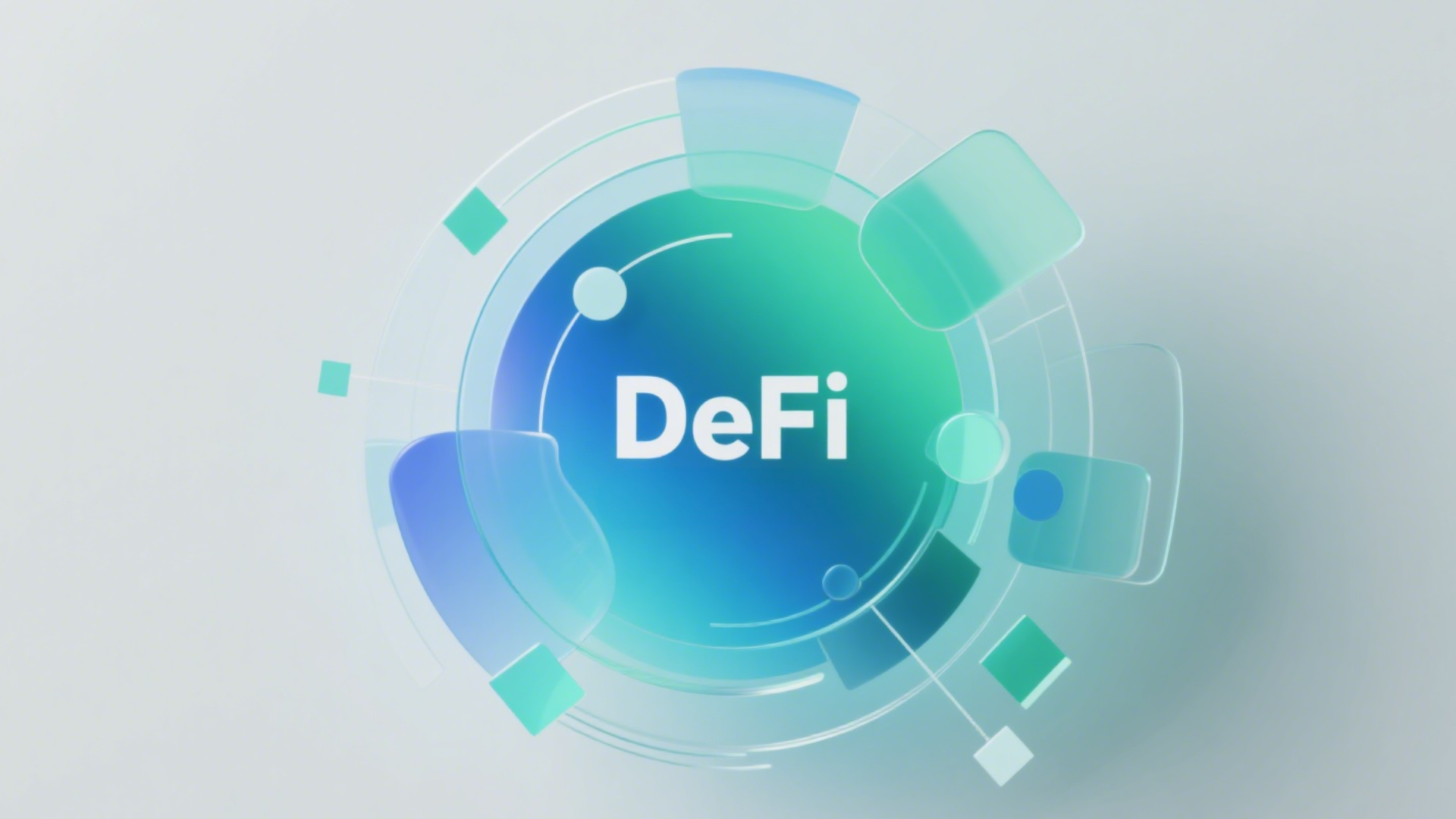
RWA 內行話 - 什麼是 DeFi 協議(去中心化金融協議)
—
by
Decentralized finance (DeFi) protocols are blockchain-based financial applications that provide lending, trading, and liquidity mining services through smart contracts, eliminating traditional intermediaries like banks or brokers. Operating on public blockchains like Ethereum, they ensure transparency, security, and global accessibility. For example, MakerDAO enables RWA lending via its DAI stablecoin, with a market size of $436…
